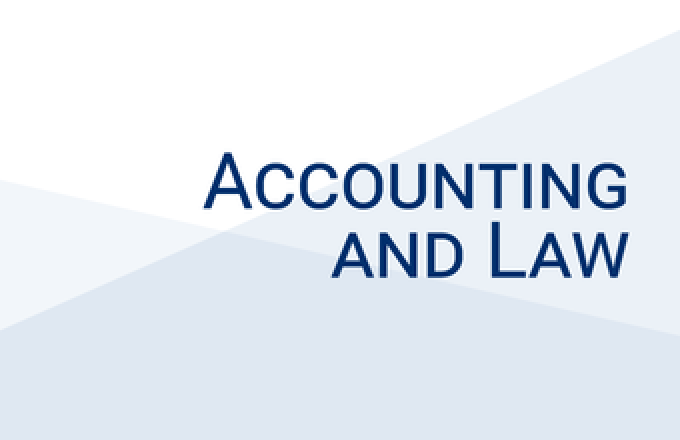Does Anticipated Employee Adverse Behavior Affect Acquisition Likelihood? Evidence from US Public Firms
Prof. Joon Mahn Lee
Associate Professor
Graduate School of Business
Seoul National University
In this study, we examine the causal impact of anticipated employee adverse behavior on the likelihood of a firm becoming an acquisition target. To obtain exogenous variations in anticipated employee adverse behavior, we exploit plausibly exogenous changes in state unemployment insurance benefits that increase the latitude of employees to engage in adverse behavior. We find that a state-level legislation increase in unemployment insurance benefits leads to a significant decrease in the likelihood of a firm becoming an acquisition target. We further argue and provide evidence suggesting that the main relationship is affected by the economic costs and likelihood of employee adverse behavior. Finally, supporting the anticipated employee adverse behavior mechanism, our findings show that UI benefits are associated with weaker synergy creation, acquirers’ lower announcement returns, and acquirers’ worse long-run stock and operating performance after the acquisition.















